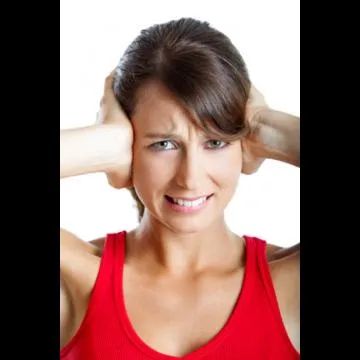
What Did You Say?
How do you respond to loud noises? Many people know that chronic exposure to loud noise can lead to hearing loss, but it turns out there are other health effects as well.
When I traveled in London in 1970, I was impressed by how respectful people seemed when it came to speaking or playing music: they were careful not to infringe on others. I’m not sure if that degree of consideration still prevails in British parks, but it’s an image I cherish. Contrast that with the scene where we were putting in our boats along the Rogue River, summer 2012. Many folks use that put-in and each party worked to ferry boats, unload gear, and get suited up for the paddle on the water. A new party arrived, and as they started to unload, they set their car radio and speakers loud enough to be heard anywhere within a mile, by anyone or any animal with functioning (before they started) ear drums.
I was bothered both physically and emotionally by that noise. I perceived it as intrusive and harmful. Turns out there is something to it when we respond to loud noises with aversion: a recent report summarized the findings of a global panel which found evidence that long-term exposures adversely affect health far beyond just our hearing abilities. Noise also has a negative impact on the cardiovascular system, with connections to hypertension, heart disease, and stroke. Sleep disturbances and cognitive effects were also noted.
So the next time you’re irritated by a bothersome loud noise: find a way to get it to stop! I wasn’t ready to take on the driver of the loud car at the River, but I could put on my hat, and get my single kayak out on the water as fast as possible!

